Report suggests low-speed electric vehicles could affect Chinese demand for gasoline and disrupt oil prices worldwide
Green Car Congress
MAY 22, 2019
Low-speed electric vehicles (LSEVs) could reduce China’s demand for gasoline and, in turn, impact global oil prices, according to a new issue brief by an expert in the Center for Energy Studies at Rice University’s Baker Institute for Public Policy. “


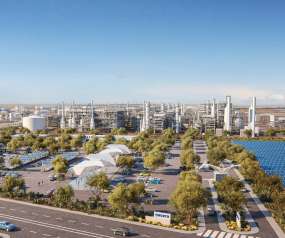

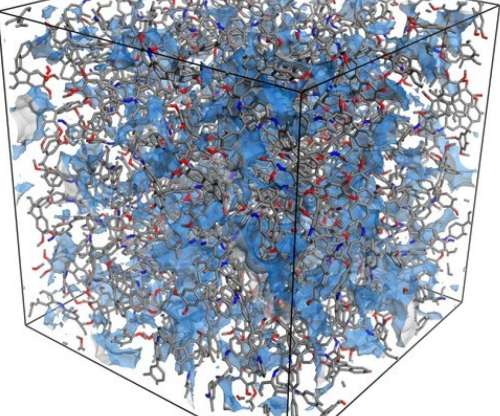












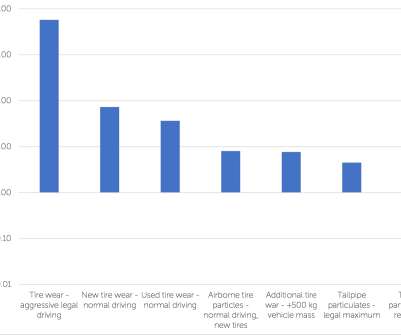











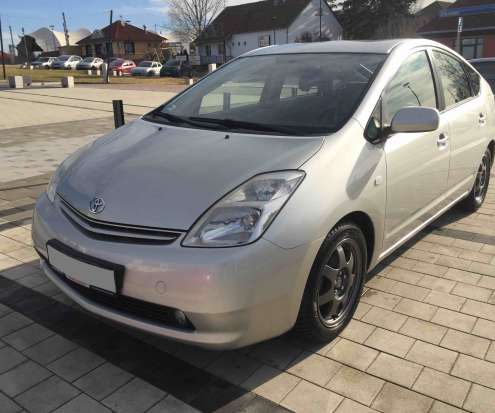
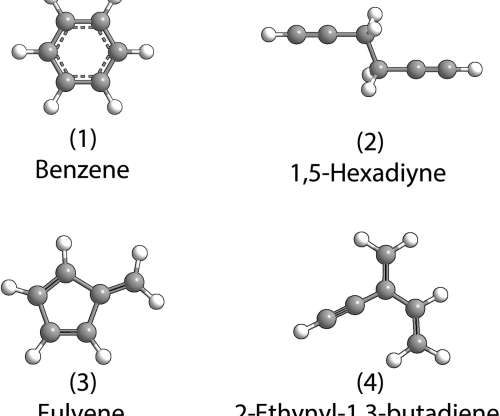









Let's personalize your content